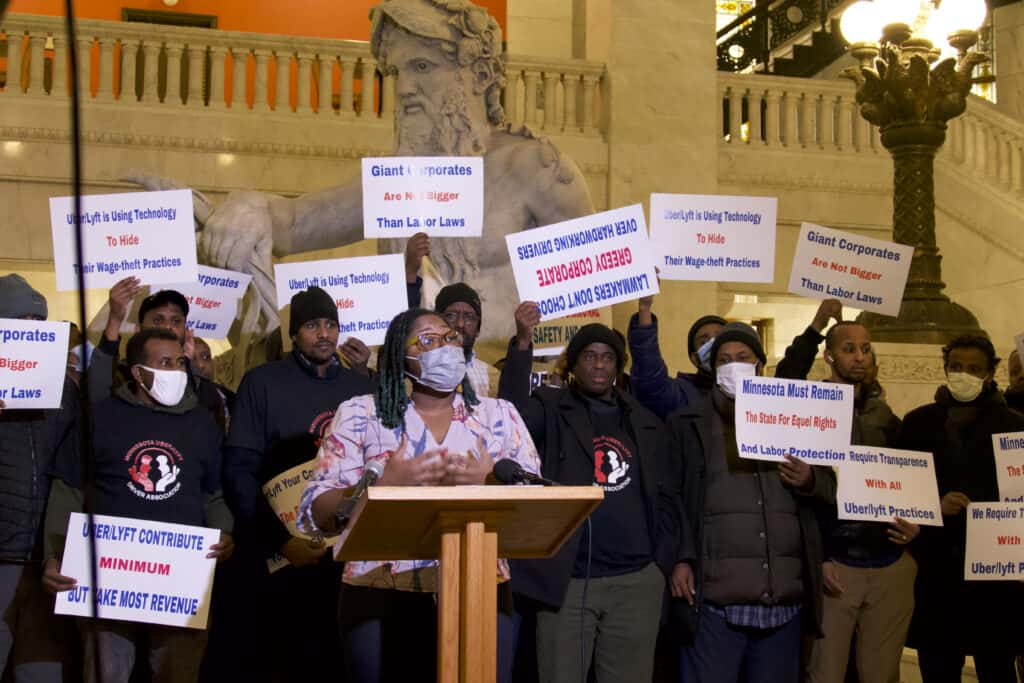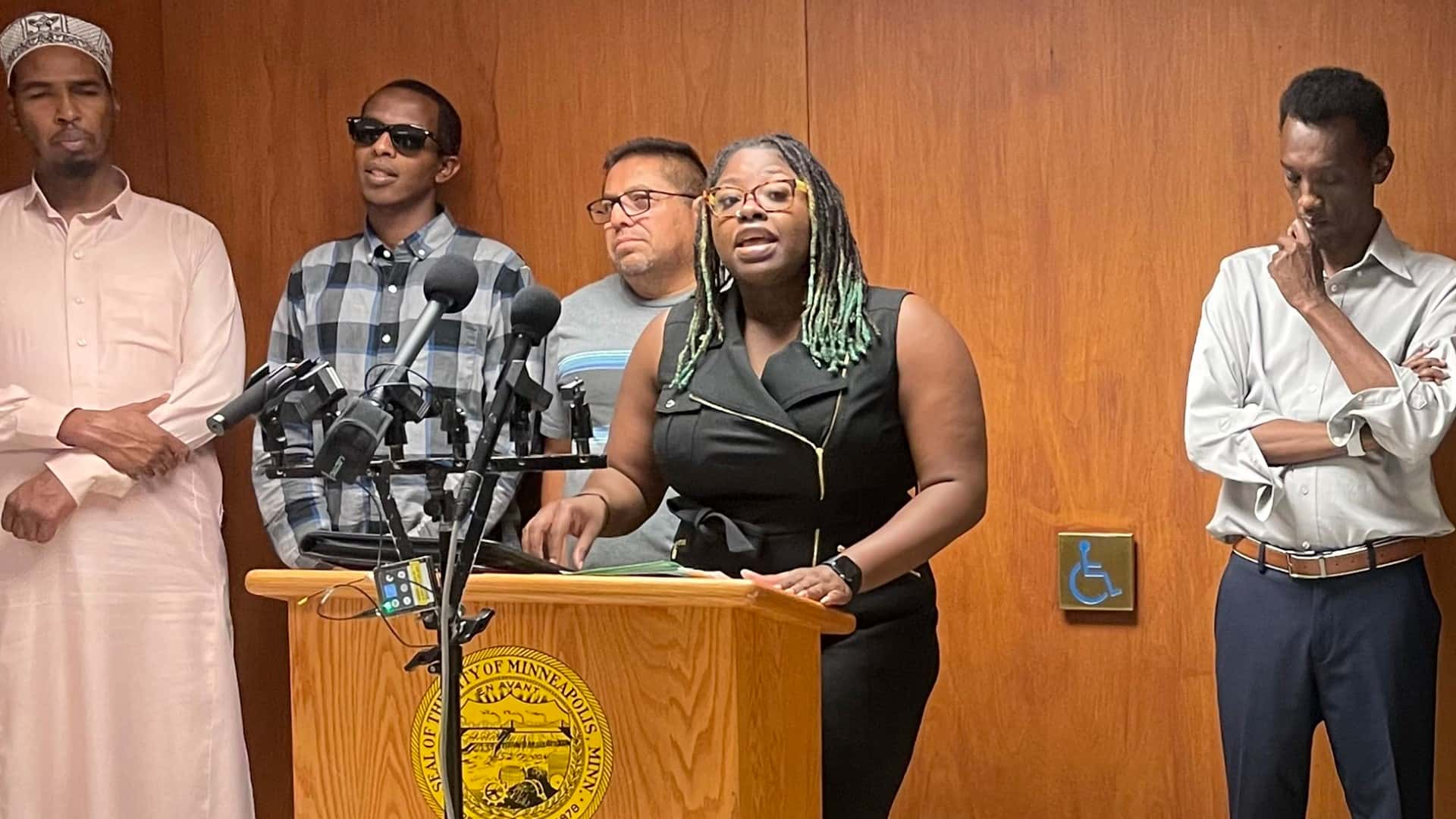The proposed ordinance, which may be passed as early as next month, aims to address the financial struggles faced by Lyft drivers in the industry.

Minneapolis City Council members announced plans for a potential city ordinance that could ensure Lyft drivers and those working for other rideshare companies receive a minimum wage
If approved, the ordinance would guarantee Lyft drivers a payment of at least $1.40 per mile and $0.51 per minute, with a minimum of $5 per ride, applicable only for the distance traveled within the city limits. The move comes in response to concerns raised by Democratic council member Robin Wonsley, who highlighted the significant profits earned by companies like Uber and Lyft, contrasting with the financial hardships experienced by Lyft drivers.
One driver, Farxan Bedel, shared his experience, emphasizing the need for fair compensation. He stated that current payment models often leave Lyft drivers at a disadvantage, earning much less than the fares charged to passengers.
The proposed ordinance would also introduce the provision of detailed receipts to both riders and drivers, ensuring transparency in fare calculations.
Supporters of the ordinance argue that the pay for rideshare drivers has significantly decreased over the years, leading to a group of 1,300 drivers organizing for better conditions
They believe this move is necessary to protect drivers’ rights and improve their economic situation. Similar policies have been implemented in other cities and states, such as Seattle, New York City, and Washington, to safeguard the interests of rideshare drivers. Contrary to concerns raised by some, these measures have not resulted in companies leaving the regions where they were implemented.
In the past, Minnesota‘s Democratic Governor, Tim Walz, vetoed a bill proposing higher pay and job security for rideshare drivers. While acknowledging the need for fair wages and safe working conditions, he deemed the specific bill inadequate to achieve those objectives.
Currently, rideshare drivers, like other gig economy workers, are considered independent contractors, meaning they are not entitled to minimum wages or additional benefits. Additionally, they are responsible for covering expenses such as fuel and vehicle payments. However, if the proposed ordinance passes, it could potentially provide significant improvements to the livelihoods of Lyft drivers in Minneapolis.
READ ALSO: Back-To-School Sales Tax Holiday Begins In Central Florida




